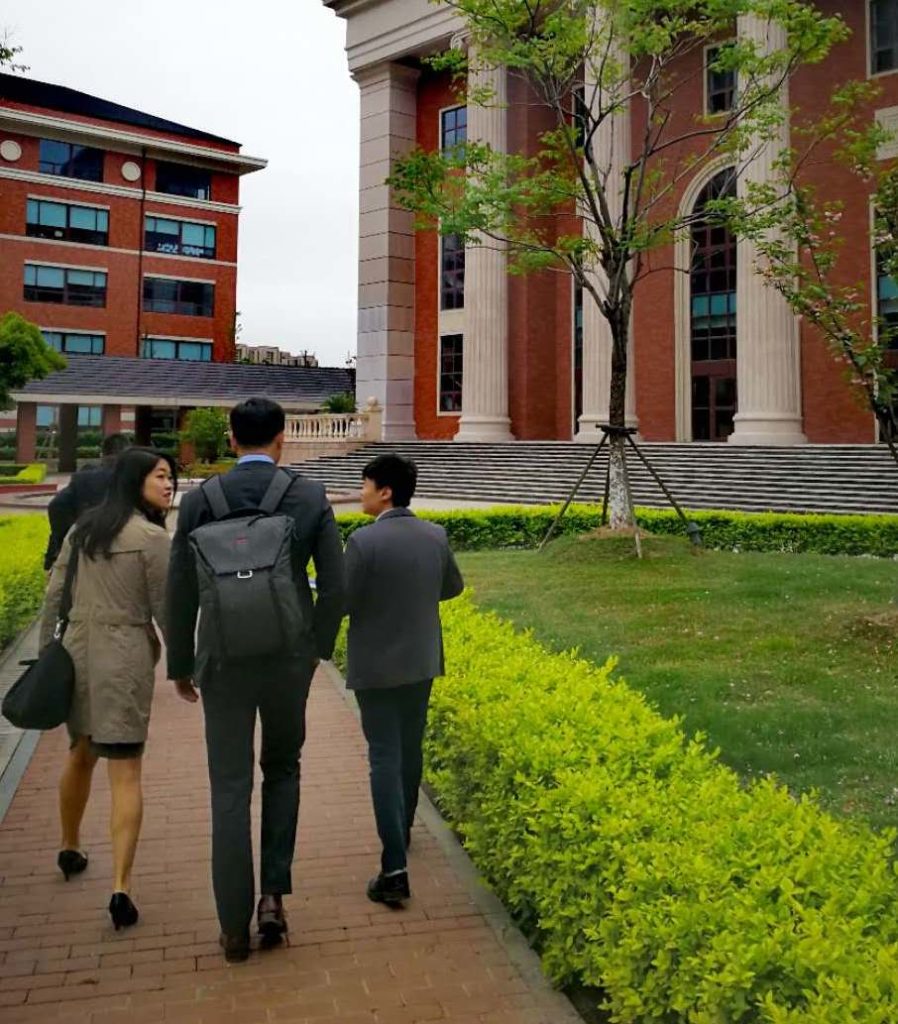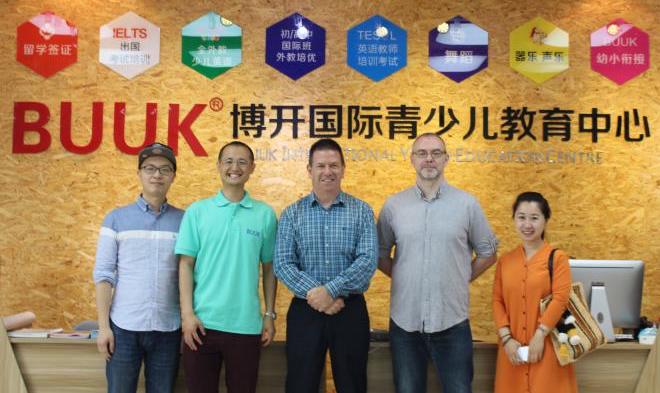
Opportunities amidst uncertainty in China
When the Chinese government terminated 234 undergraduate and other joint venture programs in July, it was a signal to transnational education providers in China that nothing can be taken for granted.
Over the last few years, we’ve seen increasing resistance to the proliferation of western education programs across public high schools and university partnerships. From 2014, international program approvals at public high schools were no longer granted by Beijing, with an explicit ban on for-profit programs during the compulsory grades 1 through 9 from 2016.
It is completely reasonable for any government to want to ensure its students have access to quality education, and discourage operators with questionable motivations (whether they are local or international).
However, the latest decision impacts pathway programs to some of the world’s leading institutions – including five Australian G8 universities, NYU and Brunel University London.
The reasons for this are broader than a policy-led desire to encourage talented students to remain in China. Given the increasing intensity of competition in this market, there is concern that public university infrastructure is being used ‘for profit’ and potentially impacting the local student cohort. It is also increasingly challenging to resource these international programs, given the academic and English language requirements for teachers.
However, there is no doubt demand for these programs exists – and they play a vital role in preparing students for further study. Despite the policy setback, there is huge potential for transnational education, especially high quality programs. As a company, Navitas need to be more agile and flexible in terms of how we implement our programs in China.
 The grounds of Kang Chiao School (International Department).
The grounds of Kang Chiao School (International Department).
Venice Yun and Li Yao from IDP, with Paul Zhai, Coordinator of College Counselling Service, Kang Chiao School
Putting student success first
Programs like Navitas’ UniStart provide a bridge between Chinese and Western education. Students spend their first 17 weeks learning in China – a more accessible and affordable way to begin their experience, adapting to cultural differences, new learning styles and even life skills. Then they have 16 weeks to complete their foundation program in Australia, resulting in a pathway to the University of Adelaide or University of South Australia.
It’s a proven approach that helps them progress at a higher rate – and it’s ideal for the SM3 space, effectively ‘Year 13’ which Chinese students spend revising for college entrance exams.
Navitas was one of the first education providers to design a program for this specific need, and this program is still in demand with high schools who are concerned their SM2 programs could be impacted by political uncertainty. Universities also benefit, as matriculation levels increase – improving student retention through to degree graduation.
For now, SM3 is the only completely open space for operations, and we see this as a core area of focus.
Uncertainty is likely to continue
UniStart is not immune to the current uncertainty. Recently two high schools (in Guangxi province and Jiangsu province) were denied permission to run UniStart by their local education bureau.
Some parents are also delaying their decisions to send their children abroad for study – perhaps due to concerns over the potential outcomes of Brexit, Trump-led US immigration changes, or a cooling in the relationship between Australia and China.
With the tightening of the space providers can operate within, and the increasing uncertainty of where future policies may lead, it is increasingly challenging to establish long-term partnerships and invest in the resources, staffing and infrastructure needed for successful joint venture outcomes.
 The reception of Bokai International Learning Centre (BUUK) Nanchang, Jiangxi Province.
The reception of Bokai International Learning Centre (BUUK) Nanchang, Jiangxi Province.
L-R: Shane Shen, Assistant Program Director BUUK, Andrew Sun, Director and Founder BUUK, Peter Armstrong, Navitas Academic Partnership Programs Manager China, Andy Meek, Director of Studies BUUK and Daisy Cao, Marketing Manager BUUK.
New models for transnational education
With this in mind, it may be time to re-think the approach. We believe there is still growth potential in onshore delivery – parents prefer this, and there are increasing numbers of quality local providers including bilingual schools.
But first, it is essential to be clear about the social purpose of any partnership program. Reputable, ethical providers, motivated by ensuring better outcomes for students through valid pathways to further study as well as business bottom line, will come under less scrutiny. Ensuring content is culturally sensitive and respects local internet site restrictions is also important.
Beyond SM3, via private, mixed curriculum high schools and fully international high schools, there are also broader opportunities to reach students seeking a global education. One example is through private training centres.
We’re also seeing interest in vocational training, especially in fields such as hospitality and tourism where English language immersion is critical. And corporate and business training partnerships also open up opportunities to meet the needs of a new type of prospective student base.
Finally, technology has the potential to overcome many of the accessibility and affordability concerns with the current transnational model. We’re already moving into micro-credentials through online learning, and see VR/AR and AI tools as a way to further improve the student experience – guiding them through campus orientation, for example.
While we’re likely to see a smaller and more concentrated transnational education system in China’s future, those providers willing to work in true partnership and focus on quality outcomes will see the rewards – and in the process, open up even more opportunities for Chinese students to experience the world.

 The grounds of Kang Chiao School (International Department).
The grounds of Kang Chiao School (International Department). The reception of Bokai International Learning Centre (BUUK) Nanchang, Jiangxi Province.
The reception of Bokai International Learning Centre (BUUK) Nanchang, Jiangxi Province.

